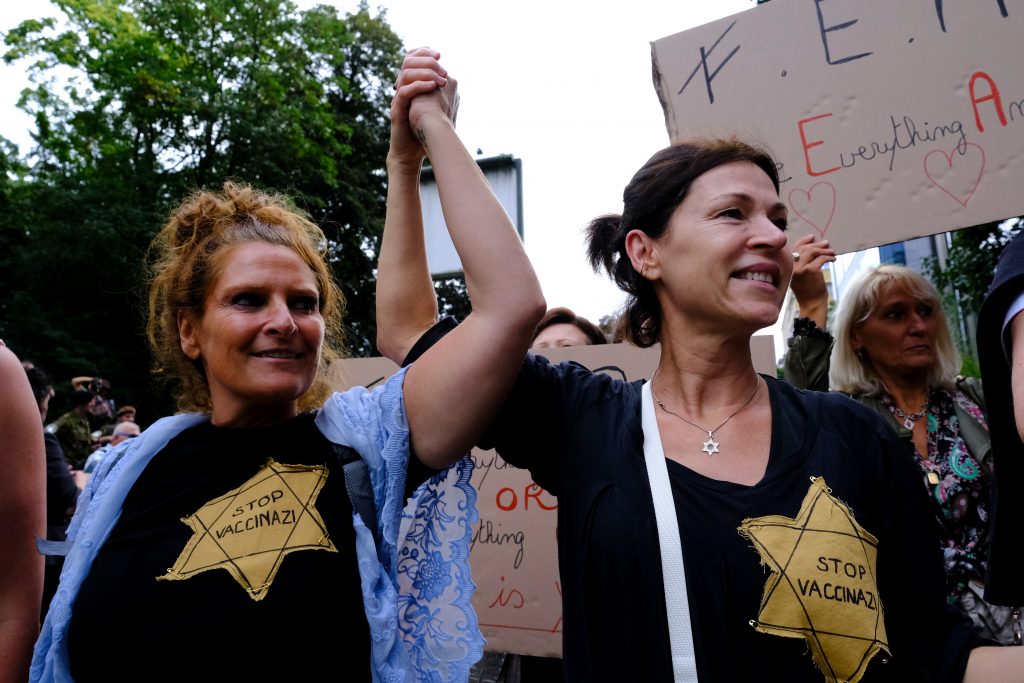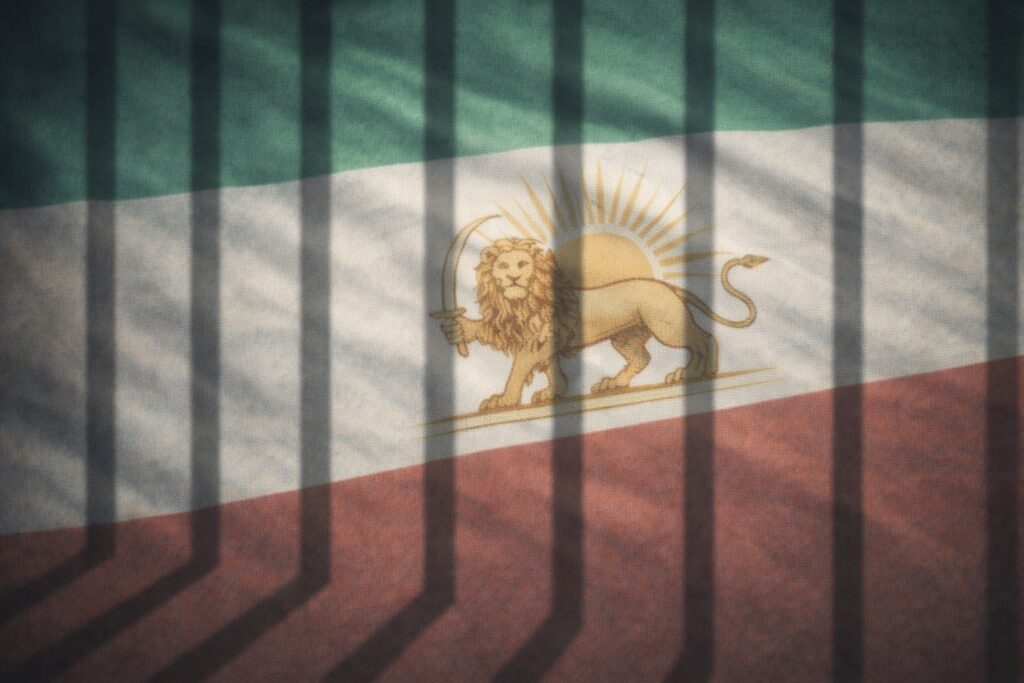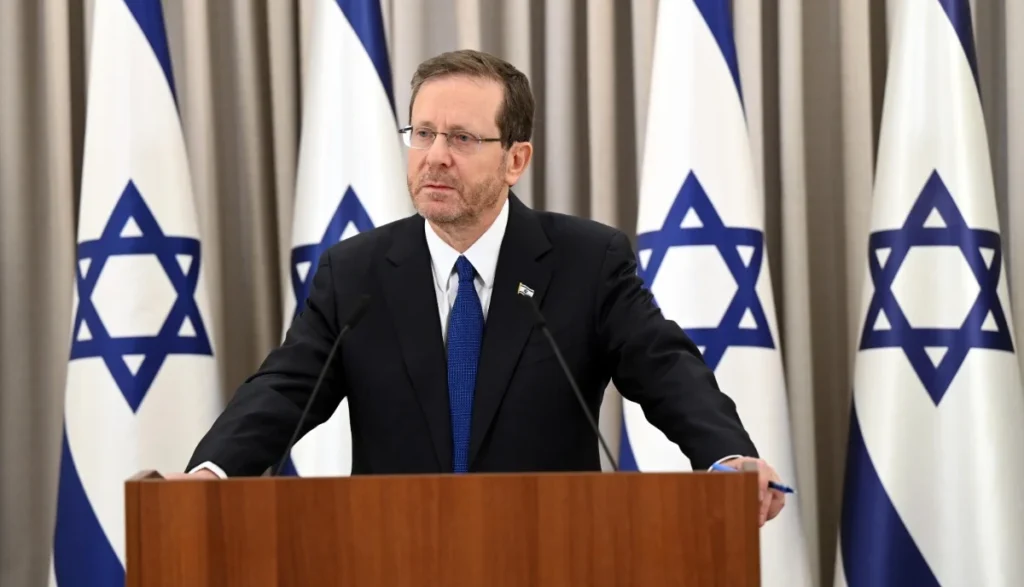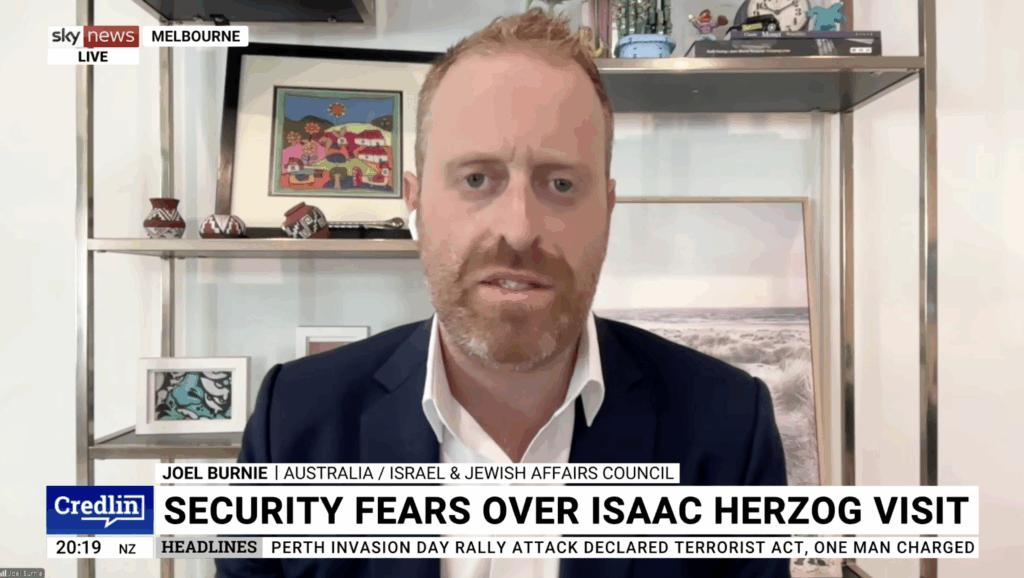IN THE MEDIA
Why we must call out Holocaust distortion
November 22, 2021 | Naomi Levin

Herald Sun – 22 November 2021
There is a name for the comparisons used by anti-lockdown protesters to Holocaust tropes – Holocaust distortion – and there is a case to be made for governments of all levels to do more to stamp it out.
For anyone with even the most rudimentary knowledge of the motivations, planning and activities of the Nazi Party, these comparisons are absurd. Unfortunately though, they are becoming increasingly common.
Demonstrators in Melbourne opposed to vaccination mandates and proposed new pandemic-related laws continue to display signs depicting Premier Daniel Andrews as Adolf Hitler and calling Andrews’ Labor Party, the “Nazi party”.
The Queensland Government was branded as “Nazis” on social media after Premier Annastacia Palaszczuk announced restrictions for Queenslanders who had not received a COVID-19 vaccination.
In Sydney, an anti-vaxxer took to TikTok to rage against a Toyota dealer in Brookvale because they were “enforcing Nazi regulations”.
Country Liberal Party Senator Sam McMahon compared vaccine mandates in the Northern Territory to Nazi Germany, saying “you could be forgiven for thinking we’re living in Nazi Germany, not the Northern Territory.”
Victorian Liberal MP Bernie Finn, who has been a vocal – and often controversial – critic of Andrews, was rightly slammed for posting an image of Andrews as Hitler. Finn removed the image after being roundly condemned, including by members of his own party.
And in July, Queensland Senator Malcolm Roberts of Pauline Hanson’s One Nation Party wrote to his 110,000 Facebook followers: “There are eerie parallels between NAZI Germany and what is happening in our country today. While Germans are wonderful people, it did not take long for the German govt to stop basic freedoms and then have Germans murdering their fellow Germans.”
Yellow Stars of David have also been appropriated in the fight against mandatory vaccinations. Most prominently, NSW Central Coast-based Sarah Mills, a popular social media influencer, published photos of herself and her three children wearing yellow stars and instead of “Jude” (German for Jew), she had printed “no vax” on them
As a member of the International Holocaust Remembrance Alliance (IHRA), there is an argument that the Australian Government could be doing more to combat growing Holocaust distortion in Australian cities and being spread by Australians online. State governments and even local councils also have a role to play in calling out and countering misinformation.
The trend for Holocaust distortion is not new, but it is evolving. Its contemporary origins lie among Israel haters. In her seminal book Antisemitism: Here and Now, Professor Deborah Lipstadt writes of “genocide inversion”, where Israelis – and sometimes all Jews – are equated with Nazis, especially in times of struggle with the Palestinians. These accusations against Israelis, she writes, “hearken back to medieval antisemitism accusations – murdering non-Jews to achieve world domination”.
Lipstadt goes on, “Some observers posit that these comparisons are used precisely because by upsetting people – Jews in particular – they draw immediate attention. In other words, they constitute a kind of ‘Jew baiting’.”
But the trend has moved beyond Israel comparisons, and has become so widespread that earlier this year, the IHRA and the UN Educational, Scientific and Cultural Organisation (UNESCO), jointly published a guide called Recognising and Countering Holocaust Distortion. The guide is intended to provide expert guidance to policymakers and community leaders to help fight Holocaust distortion.
Since 2013, the IHRA has had a definition of Holocaust distortion. This definition has now been updated to specify that “The use of imagery and language associated with the Holocaust for political, ideological, or commercial purposes unrelated to this history in online and offline forums,” is a form of Holocaust distortion.
Apart from the obvious distress that Holocaust distortion causes to all right-minded people and the fact that it diminishes the memory of the Holocaust, there are other dangers.
One significant and alarming danger is that Holocaust distortion threatens historical accuracy. Without knowing about the past, we cannot learn from it. And with the amplifying effect of social media and their algorithms’ that select controversy over calm, lies travel further than truth.
In its 2021 report, the IHRA advocated for a variety of approaches to be used to respond to Holocaust distortion. Recommended approaches included disseminating fact-based counter-narratives and education campaigns to highlight the unique nature of the Holocaust. The report also urges IHRA members – of which Australia is one – to identify and track Holocaust distortion and develop ways to counter the spread of online Holocaust distortion.
The report describes Holocaust distortion as “in many ways a more pernicious threat” than Holocaust denial and a development made more acute by the “rise of post-truth politics and proliferation of online hate”. It is important that Australia acts – both as a member of IHRA and to protect an accurate memory of the Holocaust.





